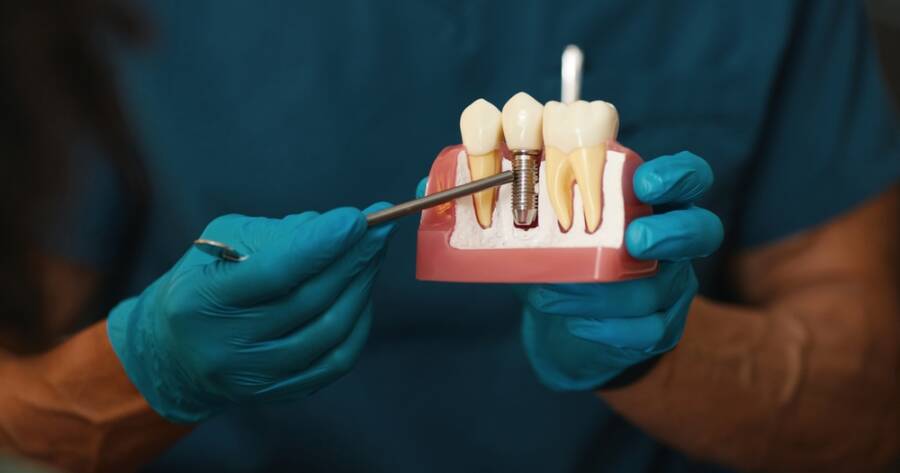Dental implant trials play a pivotal role in improving patient care by offering insights into the durability, risks, and benefits of dental implants. Top trials guide clinicians in making informed decisions, enhancing patient satisfaction and outcomes. By evaluating long-term success, patient satisfaction, and integrating technological advancements, dental care is effectively optimized to meet individual needs.
The Importance of Long-Term Studies in Dental Implants
Long-term studies in dental implants have significantly transformed our understanding of their effectiveness and durability. A retrospective study over 22 years highlighted an impressive survival rate of up to 94% after 15 years. This emphasizes the importance of continuous monitoring and assessment to maintain high success rates.
Such studies also reveal critical risk factors like smoking and diabetes, enabling personalized preoperative assessments that enhance implant success rates. These thorough examinations underscore the need for a comprehensive long-term follow-up and maintenance program, which is essential for improving the longevity and performance of dental implants.
Patient Satisfaction and Quality of Life Outcomes
The impact of dental implants on patient satisfaction and quality of life cannot be overstated. Research has shown that implants significantly enhance aesthetics, functionality, and comfort compared to traditional dentures. In one study, satisfaction scores in fields such as esthetics, function, and comfort improved markedly from baseline to a 6-month follow-up.
The use of tools like the Oral Health Impact Profile (OHIP) further illustrates substantial reductions in physical pain and psychological discomfort, leading to a significant boost in quality of life. This evidence suggests dental implants not only improve oral health but also maintain a positive psychological impact on patients.
The Role of Patient-Reported Outcome Measures (PROMs)
Patient-reported outcomes, such as satisfaction and overall quality of life, are essential indicators of the success of dental implant therapy. Another study demonstrated that a significant majority reported high satisfaction levels concerning function and aesthetics even a decade after receiving implants.
Factors affecting satisfaction included peri-implantitis, age, implant position, and the type of restoration. Such data emphasizes the importance of gathering patient feedback to refine treatment approaches and enhance care quality.
National Data Collection and its Impact on Care Quality
National initiatives like the Dental Implant Restoration Registry Study, funded by the National Institute of Dental and Craniofacial Research, play a pivotal role in improving implant therapies. The study aims to gather national data on implant outcomes through a three-year cohort study involving 2,000 implants.
By monitoring patients in the prosthetic phase and collecting detailed data, the study provides valuable insights into the efficacy and complications associated with dental implants. This data helps refine clinical practices, contributing to enhanced patient care and satisfaction.
Impact of Technological Advances in Dental Implant Trials
Technology plays an integral role in advancing dental implant care. Innovations such as digital planning and guided surgery have improved the precision and predictability of implant procedures.
By accommodating clinical complications and patient-specific factors, these technologies facilitate personalized treatment plans, leading to more reliable outcomes. The use of such technology in trials ensures that dental practitioners stay abreast of cutting-edge practices, thereby offering improved care to patients.
Learn More About Dental Implant Trials
Exploring the intricacies of dental implant trials reveals their profound impact on patient care. These trials not only enhance the understanding of long-term implant success but also improve patient satisfaction and quality of life.
Through patient-reported outcomes and integrating technological advancements, dental professionals are better equipped to tailor treatments aligning with patient needs. Understanding these advancements offers valuable insights into optimizing oral care for enhanced patient well-being.

